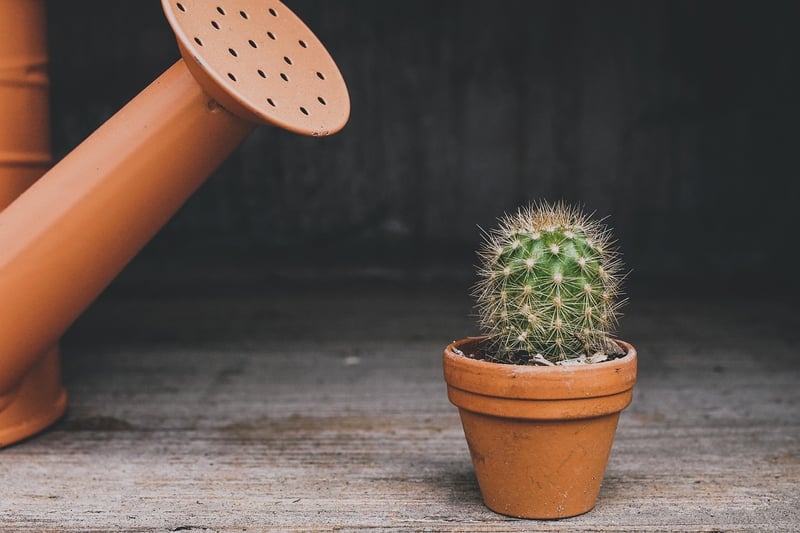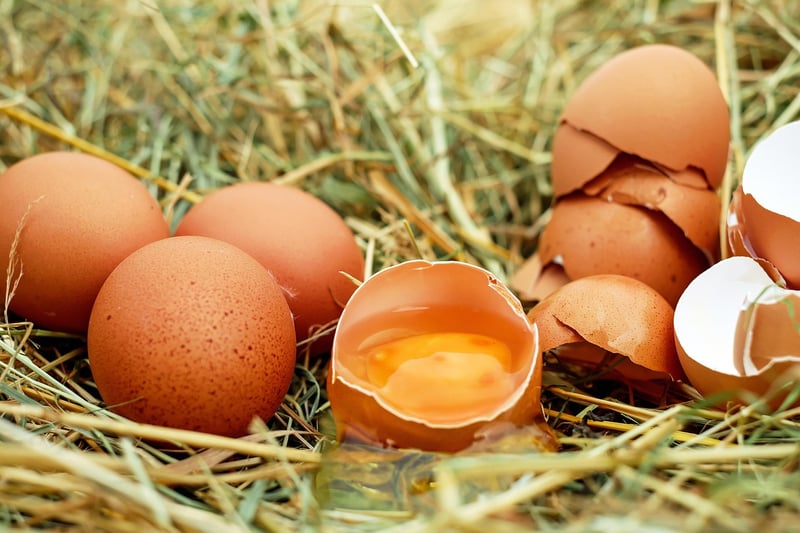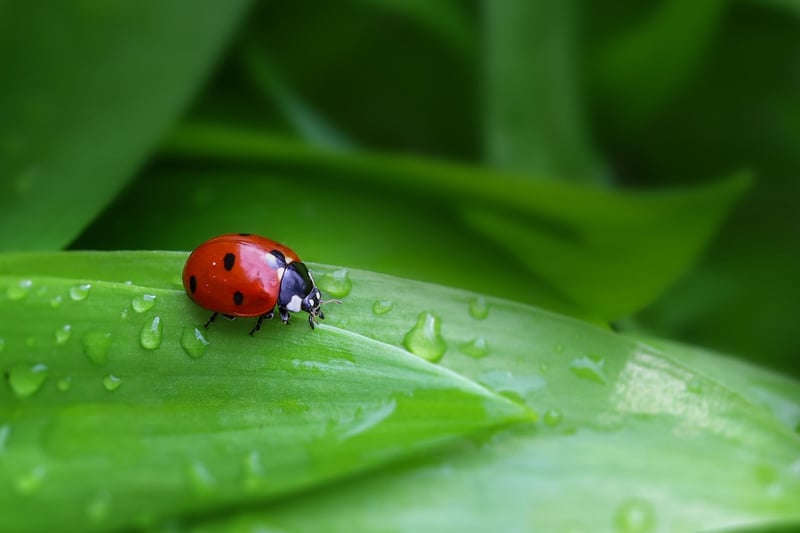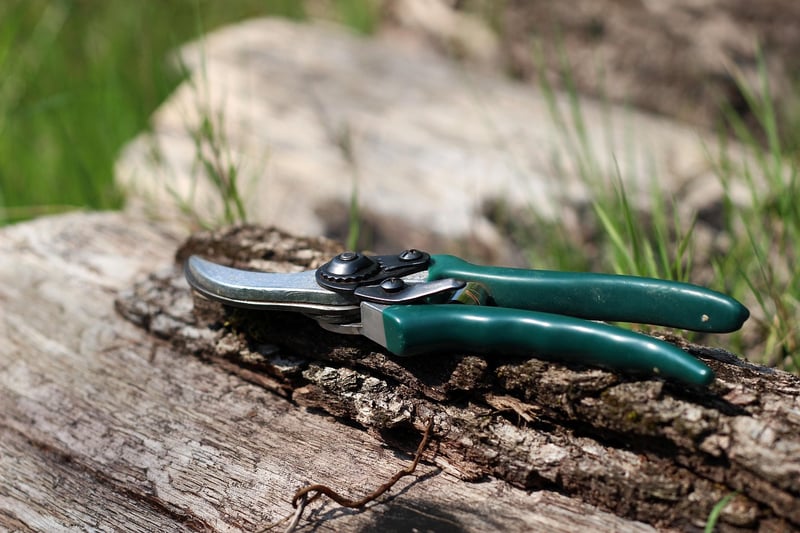Watering Techniques
DIY Hacks and Tricks for Effective Plant Care
Introduction
Are you looking to elevate your plant care game with some creative do-it-yourself hacks and watering techniques? In this article, we will explore easy and effective DIY tricks to ensure your plants thrive and stay healthy. Let's dive in!
1. Self-Watering System
Creating a self-watering system for your plants can help maintain optimal moisture levels without constant monitoring. To make one, repurpose a plastic bottle by cutting it in half. Fill the bottom half with water and insert the top half (upside down) into the soil. The soil will absorb water as needed, keeping your plant hydrated.

2. Eggshell Fertilizer
Don't throw away those eggshells! Crush them into small pieces and sprinkle them on top of the soil. Eggshells are rich in calcium and other minerals that can act as a natural fertilizer for your plants, promoting healthy growth.

3. Natural Insect Repellent
Keep pesky insects at bay with a DIY natural insect repellent spray. Mix water with a few drops of dish soap and a sprinkle of cayenne pepper. Spray this solution on your plants to deter insects without harmful chemicals.

4. Pruning Tips
Regular pruning is essential for plant health and growth. Invest in a good pair of pruning shears and trim dead or overgrown branches to encourage new growth. Remember to sterilize your tools before and after use to prevent the spread of diseases.

Watering Techniques
1. Watering Schedule
Establish a consistent watering schedule based on your plant's needs. Some plants require frequent watering, while others prefer to dry out between waterings. Research the specific water requirements of each plant to avoid over or under-watering.
2. Watering Methods
Water your plants at the base to prevent water from sitting on leaves, which can lead to fungal diseases. For small pots, immerse the entire pot in water to allow the soil to absorb moisture thoroughly. Consider using a watering can with a narrow spout for precise watering.
3. Testing Soil Moisture
Check the soil moisture before watering by inserting your finger into the soil. If it feels dry to the touch, it's time to water. Invest in a moisture meter for a more accurate assessment of soil moisture levels.
Conclusion
By incorporating these DIY hacks and watering techniques into your plant care routine, you can promote healthier and happier plants. Experiment with these tips and find what works best for your green companions. Happy gardening!
